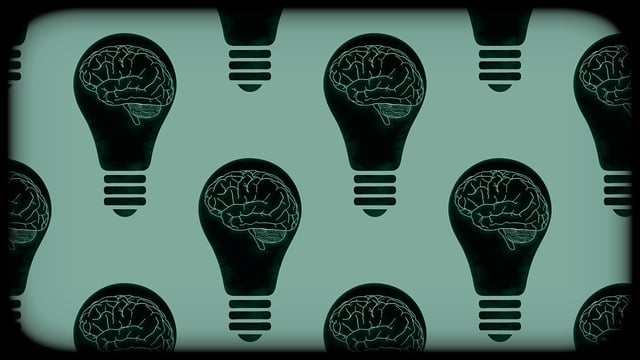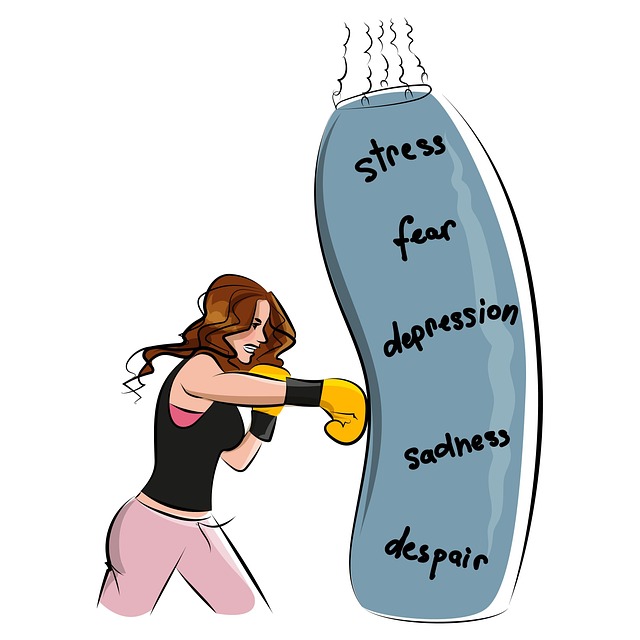Bipolar Disorder in Longmont is a serious mental health condition marked by extreme mood swings. Recognizing subtle symptoms early is key as it significantly impacts daily life, relationships, and overall well-being. Longmont offers specialized therapy, including CBT and social skills training, along with advocacy groups dedicated to raising awareness and dispel stigma through education and policy change. A holistic approach combines group therapy, workshops on symptom recognition, stress management, and healthy lifestyle choices to empower individuals managing bipolar disorder, fostering a supportive community environment.
Mental health advocacy plays a vital role in supporting individuals like those living with bipolar disorder. This article explores key aspects of mental health advocacy, focusing on bipolar disorder through the lens of Longmont Bipolar Disorder Therapy. We’ll delve into understanding this condition, from symptoms and challenges to community initiatives that foster support. Additionally, we’ll uncover empowering strategies for effective mental health advocacy, shedding light on how communities can make a tangible difference in managing bipolar disorder.
- Understanding Bipolar Disorder: Symptoms and Challenges
- The Role of Advocacy in Mental Health Support
- Longmont's Approach to Bipolar Disorder Therapy: Community Initiatives
- Empowering Individuals: Strategies for Effective Mental Health Advocacy
Understanding Bipolar Disorder: Symptoms and Challenges

Bipolar Disorder, also known as manic-depressive illness, is a complex mental health condition characterized by extreme mood swings. These shifts can range from intense mania or hypomania—periods of elevated energy, increased talkativeness, and impulsive behavior—to major depression, marked by deep sadness, fatigue, and loss of interest in activities once enjoyed. Recognizing the symptoms of Bipolar Disorder is crucial for Longmont residents seeking help. Many individuals struggle to identify these shifts as they can be subtle at first, evolving over time.
The challenges associated with Bipolar Disorder extend beyond the fluctuations in mood. The condition often impacts daily functioning, relationships, and overall quality of life. Individuals may face difficulties in maintaining employment, managing finances, or sustaining social connections. Accessing appropriate care is vital, including therapy options such as cognitive-behavioral therapy (CBT) and medication management. Longmont Bipolar Disorder Therapy offers specialized support, while programs focused on Mental Health Policy Analysis and Advocacy work towards improving community resources and understanding. Additionally, Mental Health Education Programs Design can raise awareness about the condition, promote early intervention, and reduce stigma. Social Skills Training is another valuable tool, aiming to enhance interpersonal relationships and adaptive coping strategies for those managing Bipolar Disorder.
The Role of Advocacy in Mental Health Support

Mental health advocacy plays a pivotal role in supporting individuals facing various challenges, including bipolar disorder. Initiatives focused on advocacy work to raise awareness, dispel stigma, and ensure access to essential services like Longmont Bipolar Disorder Therapy. Through powerful storytelling and education, advocates bring attention to the unique struggles faced by those with mental health conditions, fostering understanding from the wider community.
This process extends beyond raising awareness; it involves pushing for policy changes that enhance support systems. Advocacy groups engage in Mental Health Policy Analysis and Advocacy, advocating for Crisis Intervention Guidance programs that can provide timely assistance during intense episodes. By developing Inner Strength, individuals equipped with coping mechanisms become powerful ambassadors for mental health reform, shaping a more supportive societal landscape.
Longmont's Approach to Bipolar Disorder Therapy: Community Initiatives

In Longmont, the approach to Bipolar Disorder therapy is holistic and community-driven. Local initiatives focus on integrating compassion cultivation practices and emotional regulation strategies into daily life, empowering individuals to manage their conditions effectively. These programs often involve group therapy sessions where participants share experiences, learn from one another, and develop coping mechanisms tailored to their unique challenges. By fostering a sense of belonging and mutual support, Longmont’s community initiatives aim to boost confidence and overall well-being among those living with bipolar disorder.
The city prioritizes education and awareness as key components of its strategy. Workshops and seminars are regularly held to teach individuals about the various facets of bipolar disorder, including symptom recognition, stress management, and healthy lifestyle choices. This knowledge enables community members to better understand their own experiences and those of others, leading to improved emotional intelligence and more effective support networks. Through these collective efforts, Longmont strives to create an environment that not only accommodates but also nurtures the mental health and resilience of its residents dealing with bipolar disorder.
Empowering Individuals: Strategies for Effective Mental Health Advocacy

Mental health advocacy is a powerful tool for empowering individuals and fostering a supportive community. When it comes to bipolar disorder like conditions, such as Longmont Bipolar Disorder Therapy, strategies that focus on individual empowerment are key. These include providing education and resources to enhance self-awareness and coping skills. One effective approach is Social Skills Training, which equips people with the tools to navigate social interactions confidently, improving their overall mental wellness.
Additionally, Mental Wellness Coaching Programs Development plays a significant role in advocacy by offering personalized guidance tailored to each individual’s unique needs. Crisis Intervention Guidance is another vital component, ensuring that those facing acute mental health crises have access to immediate support and de-escalation techniques. By combining these strategies, advocates can enable individuals to take control of their mental health journeys, leading to improved quality of life and increased resilience.
Mental health advocacy plays a pivotal role in improving access to support and fostering understanding. As seen with Longmont’s successful initiatives for Bipolar Disorder therapy, community-driven programs can significantly impact individuals’ lives. By empowering those affected and educating the public, we can create a more inclusive environment. These strategies not only promote recovery but also ensure that everyone receives the necessary care, ultimately enhancing mental health advocacy efforts in Longmont and beyond.













